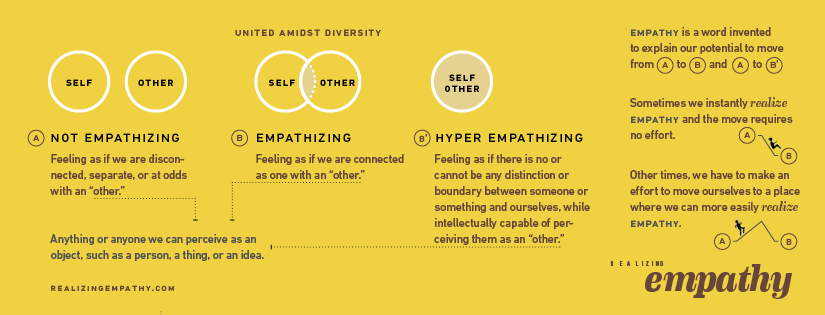Sometimes
we complain that our advice falls
on deaf ears.
If so
it may be worth discerning
the kind of problem
to which we’re giving
advice.
One type of problem
is a dilemma.
A dilemma arises
when we want to catch two birds
with one stone.
If our advice to someone with a dilemma
is to kill
just one bird.
The likelihood
of that advice falling on deaf ears
is high.
